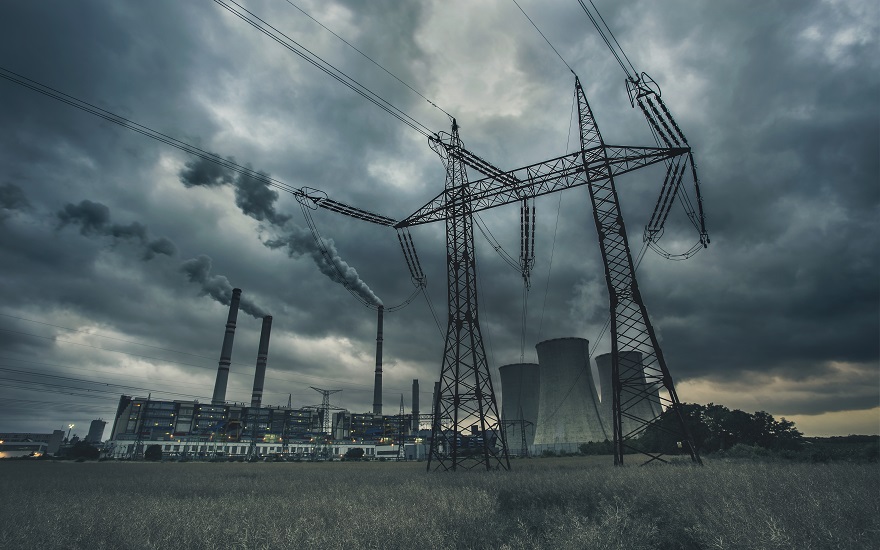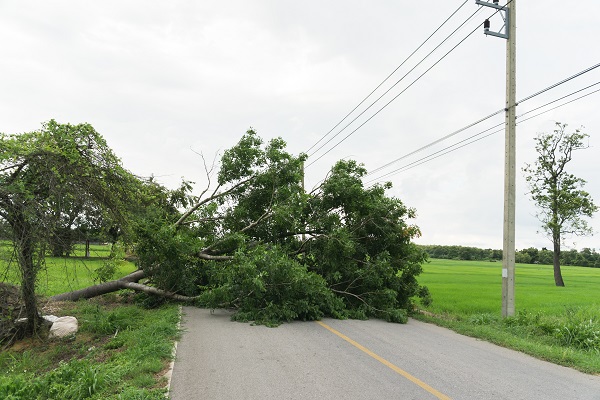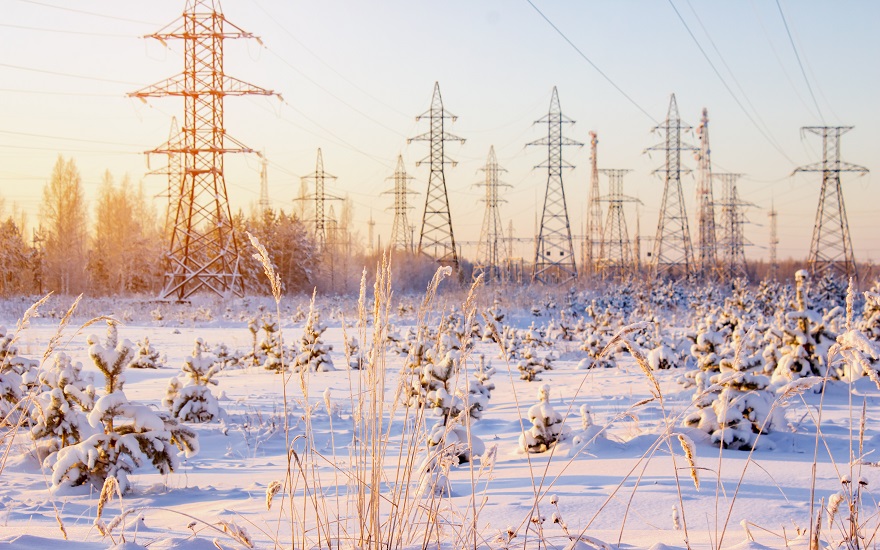Part of the National Grid will be re-nationalised to oversee the running of Britain’s electricity network.
Following a consultation, National Grid will sell its Electricity System Operator (ESO) arm to the government, which will create a new fully independent body to manage the country’s electricity system.
As well as the day-to-day running of the electricity network, the Future System Operator (FSO) will also take on some of the long-term strategic planning elements of the gas system.
The new operator will have “a duty to facilitate net zero while maintaining security of supply, and an efficient, coordinated and economical system”.
It is anticipated the body will also take a systematic approach to coordinating and planning the network, looking across electricity, gas, and other emerging markets such as carbon capture, usage and storage, as well as offshore wind networks.
The creation of the new system operator will require parliamentary approval with new legislation. It is expected the process will take around two years, with the new body operational by 2024.
Ministers didn’t reveal how much the part nationalisation would cost. Speculation suggests that it could cost £50-140 million to set up the new organisation.
However, government hopes that adopting a system-wide approach could reduce future electricity system costs by 1-5% – up to £2.5 billion across a generation – a synopsis it admits “is highly uncertain”.
The FSO will be funded by consumers through price control arrangements regulated by Ofgem.
Reaction To Future System Operator Announcement
“Russia’s appalling aggression in Ukraine amid escalating global gas prices has shown the vital importance of strategic change to the UK energy system.
“We need to boost our energy resilience, reduce our dependence on expensive imports and slash emissions. The FSO will do just that.”
– Greg Hands MP, Minister of State for Business, Energy and Clean Growth in the UK
“We warmly welcome today’s announcement and together with government, the regulator, National Grid plc, and industry we will help deliver a reliable and clean transition for all.
“The ESO will continue working closely with all parties involved in the coming weeks and months to enable a smooth and successful transition.”
– Fintan Slye, Executive Director of National Grid ESO
“A fully independent system operator will help to transform Great Britain’s energy system and cut customers’ energy bills.
“Critically, the FSO will ensure that we will build a smart, efficient and flexible system that will mean that Britain moves to a secure low carbon and low-cost system.”
– Jonathan Brearley, Chief Executive of Ofgem
Background To Future System Operator Consultation
Ministers launched the original consultation last summer. While National Grid has held a role in managing Britain’s energy system for more than 30 years, potential conflicts of interest were raised.
As well as being the electricity system operator, it also owns electricity and gas infrastructure. Regulator Ofgem ordered a legal separation of National Grid ESO from the wider National Grid group back in April 2019.
The consultation floated two potential solutions: either a standalone privately-owned model independent of the energy sector, or an independent corporate body classified as within the public sector.
Announcement Of Energy Security Strategy
Hot on the heels of the launch of the FSO, the government also revealed its much-anticipated – and much-delayed – British Energy Security Strategy.
Amid a background of spiralling energy costs and the war in Ukraine placing the UK’s future energy independence under the spotlight, the plans include a renewed focus on nuclear power, with up to eight new reactors.
Ministers believe the proposals could see up to 95% of the UK’s electricity come from low-carbon sources by 2030.
In addition to the focus on nuclear, which will be overseen by a new body Great British Nuclear, the strategy aims to expand wind, solar, and hydrogen power.
It also gives the green light for more drilling for oil and gas in the North Sea, a move critics suggest is at odds with the government’s own net-zero targets.
“This plan comes in light of rising global energy prices, provoked by surging demand after the pandemic as well as Russia’s invasion of Ukraine.
“This will be central to weaning Britain off expensive fossil fuels, which are subject to volatile gas prices set by international markets we are unable to control, and boosting our diverse sources of homegrown energy for greater energy security in the long-term.”
– Boris Johnson MP, Prime Minster of the UK
Energy Strategy At A Glance
Nuclear Power
- Creation of new body called Great British Nuclear to bolster capacity
- £120 million Future Nuclear Enabling Fund to kickstart projects
- Deliver up to eight reactors, with one approved per year until 2030
- Two new reactors at Sizewell in Suffolk approved during the current parliament
- Target of 24 GW (25% of the total demand) electricity from nuclear by 2050; current capacity is 7 GW
Solar Power
- Reform of rules for installing panels on homes and commercial buildings
- Aim to increase solar capacity by up to five times by 2035 from the current level of 14 GW
Wind Power
- New target of 50 GW of offshore wind power by 2030, of which 5 GW would come from floating offshore wind in deeper seas. This is up from existing aim of 40 GW
- Planning reforms to cut approval times for new offshore wind farms from four years to one
- Critics point to the lack of emphasis on onshore wind, proven to be one of the fastest and cheapest renewables options. There were no firm targets in the final plan, which appears to be watered down from earlier draft proposals of 45 GW of onshore wind by 2035
Hydrogen
- New target to achieve 10 GW of low carbon hydrogen by 2030, with at least half from green hydrogen
Oil & Gas
- A new licensing round for North Sea projects launched this summer
Fracking
- Commission the British Geological Survey to undertake a new study to “advise on the latest scientific evidence around shale gas extraction”
Heat Pumps
- £30 million fund to reduce demand for gas




